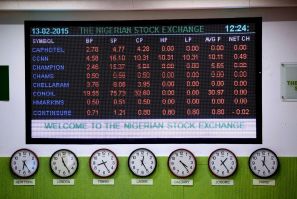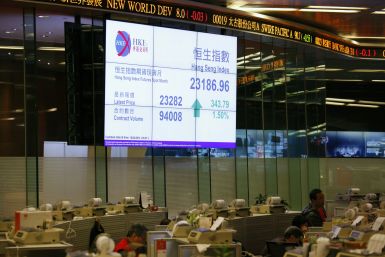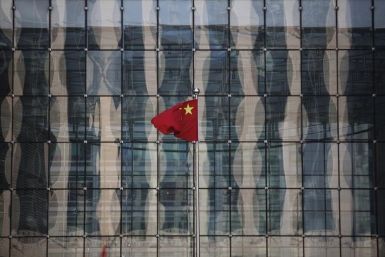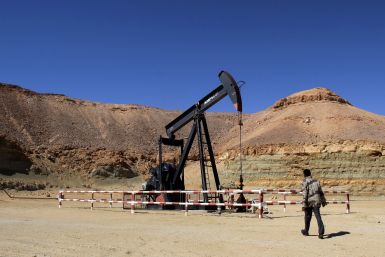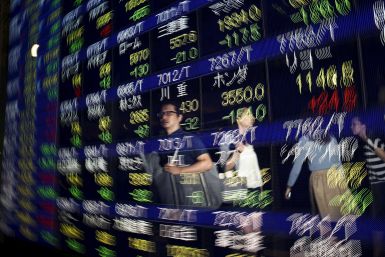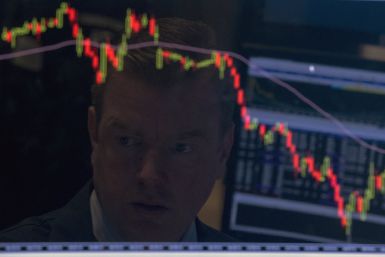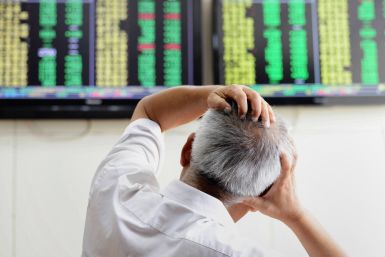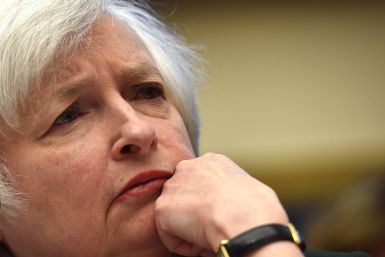Wednesday's rise on the Dow reassured markets while the Bank of Japan downplayed fears about China's economy.
The decision was driven by customer demand, not politics, a company spokesman said Wednesday.
While the Shanghai Composite Index has dropped by more than 40 percent from a mid-June peak, it is still up 35 percent from this time last year.
This week's stock market news has drawn more viewers to the business channel, which had pulled out of the Nielsen ratings system claiming it undercounted its audience.
Some analysts believe Beijing's stock market policy -- and economic strategy -- need to be much more transparent.
Officials are looking to prevent large capital outflows following "Black Monday."
Can the ALS Association turn the viral phenomenon into an annual fundraiser?
Oil-field service provider Schlumberger has agreed to purchase oil gear provider Cameron with hopes of breakthroughs in well technology.
Oil-producing nations are reeling from the latest drop in crude prices, which threatens to further erode federal budgets and fuel political insecurity.
China's rate cuts reassure some investors, but concerns about the Chinese economy, and Tuesday's falls, spook others.
Macau, the only place in China where citizens are allowed to gamble in casinos, has long been considered a money laundering hub.
Chinese stock indexes remained volatile as investors reacted to the latest measures by the Chinese central bank.
American confidence in the marketplace remains unusually shaky following the agony of the Great Recession.
On Tuesday, the New York Stock Exchange again relied on Rule 48, a mechanism for ensuring orderly trading during high market turbulence.
It's no coincidence that significant changes to Louisiana's historic home-rebuilding program arrived right before Hurricane Katrina’s anniversary.
“Oil just can’t stop sliding and local investors are very worried about where the bottom is,” said Sebastien Henin, head of asset management at the National Investor in Abu Dhabi.
Consumer confidence was pegged at its highest level since January, which could indicate increased spending in the coming months.
Fear and biases come into play, affecting decision-making and risk-taking, when markets dip, observers say.
As global markets continue to stumble this week, economists question whether the U.S. is strong enough to move away from crisis-level interest rates.
Coca-Cola, PepsiCo and others have spent at least $106 million combined in recent years on the local, state and federal levels, a report said.
"I think we'll have very weak growth," French Economic Minister Emmanuel Macron said in a meeting with German diplomats and journalists.
Data released Tuesday shows Denver leading San Francisco in home price increases.
"Get shopping" for bottled water and canned goods, a former member of Prime Minister Gordon Brown's administration advised Britons.
Wang Jianlin, the richest person in Asia and chairman of the Dalian Wanda Group, was the hardest hit, losing $3.6 billion.
A roller-coaster day on the Chinese markets saw stocks slump, rebound and then plunge again, as an injection of more than $23 billion of funds into the market by the Chinese authorities failed to calm market sentiment.
Cheaper oil imports mean local producers find it unviable to invest in new projects, making energy self-sufficiency a tough task.
The injection of liquidity into the market by China has only had a limited impact on jittery investor sentiment.
President Obama on Monday will unveil a series of measures at the National Clean Energy Summit in Las Vegas.
The three major U.S. markets are down by double digits from their past peaks. Relax. They've done that twice since the Great Recession.
Asian nations' ability to cope with China's market meltdown will likely vary, analysts said.



